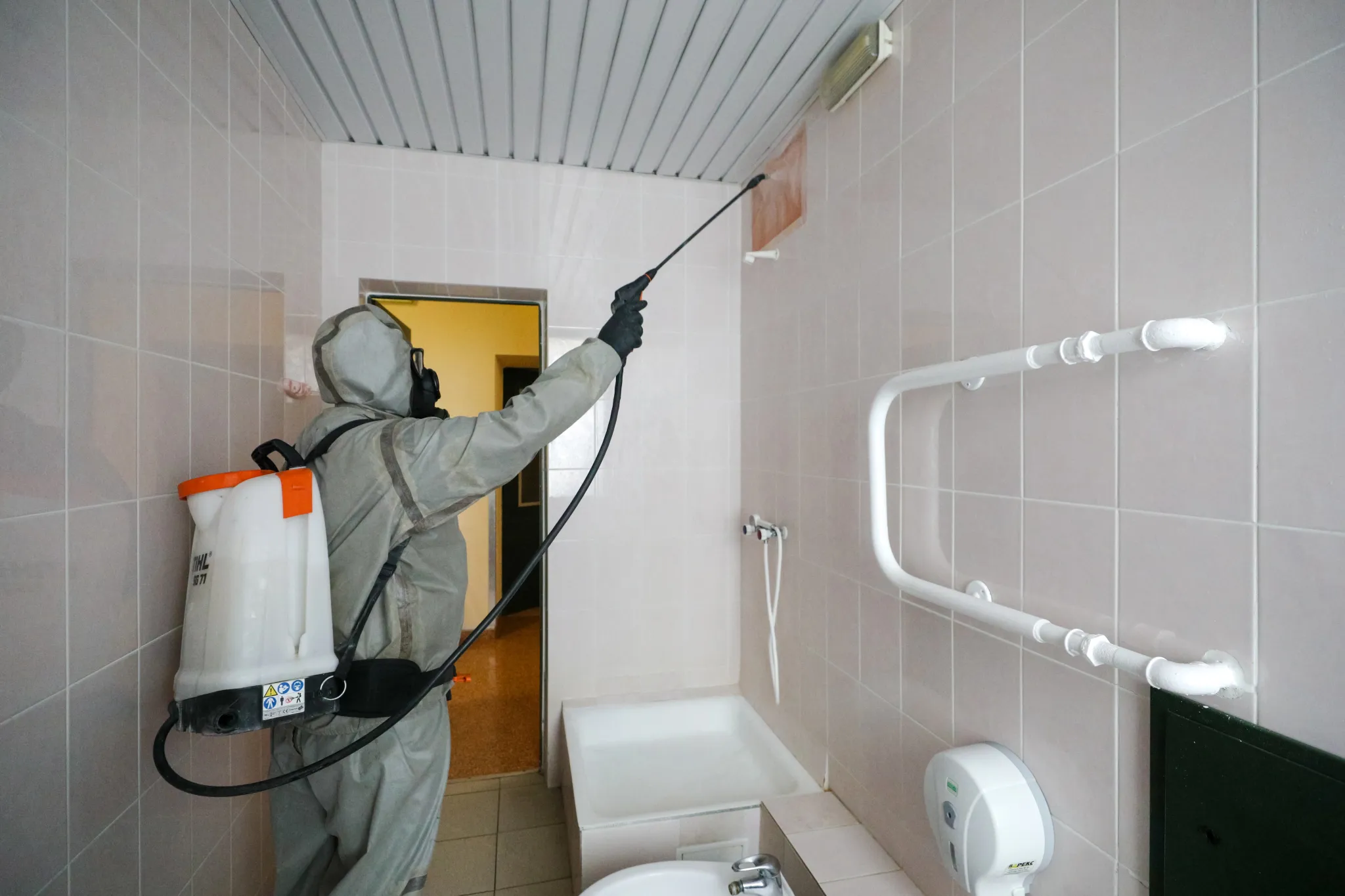Mold inspection near me
Mold inspection near me
A Crucial Step Before Construction or Renovation
Mold can be a silent, insidious threat to any building, posing significant health risks and potential structural damage if left unchecked. Before embarking on any construction or renovation project, it is imperative to conduct a comprehensive mold inspection to identify and address any existing mold issues. This proactive measure not only ensures the safety of the occupants but also safeguards the integrity of the building and prevents costly remediation efforts down the line. In this article, we will explore the necessity of mold inspection and provide valuable insights into this critical process.
Understanding the Dangers of Mold
Mold is a type of fungus that thrives in damp, humid environments, and its presence can have severe consequences. Exposure to certain types of mold can lead to respiratory problems, allergic reactions, and even immune system disorders. Additionally, mold can cause significant damage to building materials, compromising the structural integrity of the property. If left unchecked, mold can rapidly spread, making it increasingly difficult and expensive to eradicate.
The Importance of Professional Mold Inspection
While it may be tempting to conduct a visual inspection yourself, mold can often hide in hard-to-reach areas or behind walls and ceilings. Professional mold inspectors have the expertise, specialized equipment, and training necessary to detect and identify the presence of mold accurately. These experts employ various techniques, such as moisture meters, borescopes, and air sampling, to locate and assess the extent of mold growth.
Choosing the Right Mold Inspection Company
When selecting a mold inspection company, it is crucial to prioritize thoroughness over cost-cutting measures. While cheaper options may seem appealing, a comprehensive and meticulous inspection is essential to ensure that no mold is overlooked. Reputable companies will be transparent about their methods, provide detailed reports, and adhere to industry standards and regulations.
It is also advisable to be wary of companies that offer both mold inspection and remediation services, as there may be a conflict of interest. Additionally, inquire about the inspectors’ qualifications, certifications, and experience, as well as their familiarity with local building codes and regulations.
The Mold Inspection Process
A comprehensive mold inspection typically involves several steps:
- Visual Inspection: The inspector will thoroughly examine the property, looking for visible signs of mold growth, water damage, or moisture intrusion.
- Moisture Assessment: Using specialized equipment, the inspector will measure the moisture levels in various building materials and identify potential sources of moisture that could promote mold growth.
- Air Sampling: Air samples may be collected and analyzed to determine the types and concentrations of mold spores present in the indoor environment.
- Surface Sampling: If necessary, surface samples may be taken from areas suspected of mold growth for laboratory analysis.
- Report and Recommendations: After completing the inspection, the inspector will provide a detailed report outlining the findings, including the types and locations of mold present, as well as recommendations for remediation or preventive measures.
Benefits of Mold Inspection Before Construction or Renovation
Conducting a mold inspection prior to any construction or renovation project offers numerous advantages:
- Health and Safety: By identifying and addressing mold issues early, you can protect the health and well-being of the occupants, contractors, and workers involved in the project.
- Cost Savings: Addressing mold problems before construction begins can prevent costly delays, additional remediation efforts, and potential legal liabilities down the line.
- Structural Integrity: Mold can compromise the structural integrity of a building by weakening building materials. Identifying and addressing mold issues early can prevent further damage and ensure the longevity of the structure.
- Compliance: Many local and state regulations require mold inspections and remediation before certain construction or renovation projects can proceed, ensuring compliance with building codes and regulations.
- Peace of Mind: A professional mold inspection provides valuable information and peace of mind, allowing you to proceed with your construction or renovation project with confidence, knowing that potential mold issues have been identified and addressed.
Conclusion
Mold inspection is a critical step that should never be overlooked before undertaking any construction or renovation project. By enlisting the services of a reputable and experienced mold inspection company, you can ensure the safety of the occupants, protect the structural integrity of the building, and avoid costly remediation efforts in the future. Don’t take chances with mold – prioritize a thorough inspection and take proactive measures to create a healthy, mold-free environment.
editor's pick
latest video
news via inbox
Nulla turp dis cursus. Integer liberos euismod pretium faucibua


